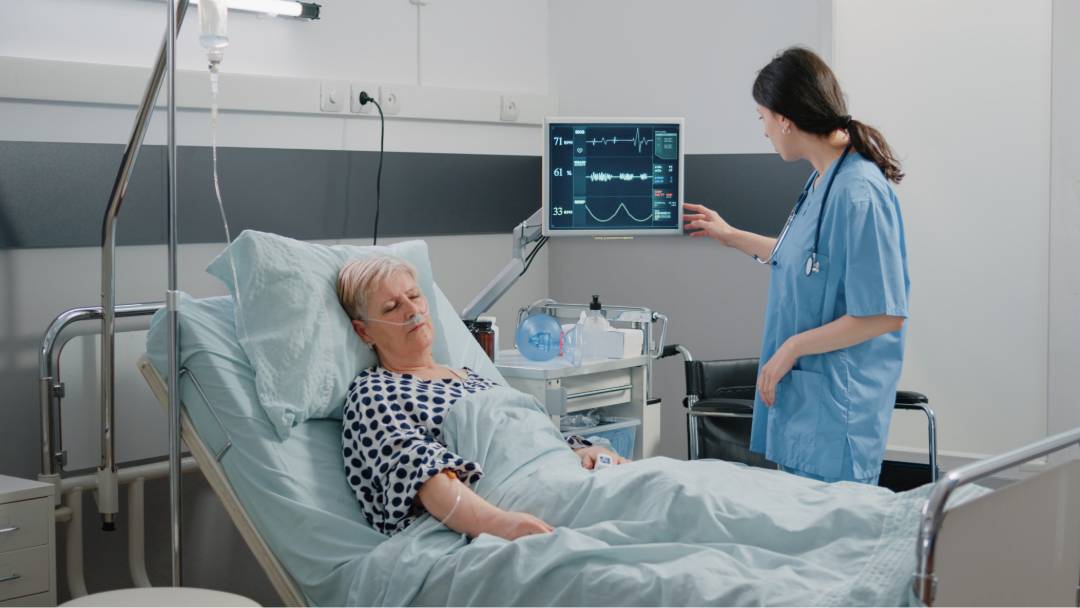
What Are the Essential Skills Needed to Succeed as a Practical Nurse?
Being a practical nurse can be both rewarding and challenging. You’re often the one patients turn to the most, offering important care and support. It’s a job that takes more than just knowing the medical side of things. It also needs patience, compassion, and good communication skills. From communication to time management, these skills help ensure that patients receive the best care possible. Practical nurses are often responsible for tasks like administering medication, monitoring patient health, and assisting with daily activities.
FVI School of Nursing and Technology can help you develop the strong skills it takes to manage the high demands of a practical nurse job. These sills will help you care for patients and open up new opportunities as your career grows.
Communication Skills
Effective communication is one of the most important skills for a practical nurse to possess. Nurses need to clearly explain treatment plans and medical instructions to patients and their families. This involves translating complex medical information into simple terms so that everyone understands the process. Good communication also extends to working with doctors and other healthcare professionals. A nurse needs to accurately report changes in a patient's condition or share critical information during handovers. Miscommunication can lead to mistakes that may impact patient care. Strong interpersonal skills help build trust, making patients feel more comfortable during their treatment.
Time Management
Time management is another essential skill for practical nurses, given the fast-paced nature of the job. Nurses often juggle multiple tasks at once, from checking on patients to updating medical records and attending to emergencies. Prioritizing tasks is key to managing the workload efficiently. Good time management ensures that all duties are completed without compromising patient care. Being organized helps a nurse stay on top of their responsibilities, ensuring nothing important gets overlooked. Proper time management helps nurses find a balance between work and personal life, which can prevent burnout.
Empathy and Compassion
Empathy and compassion are at the heart of nursing. Patients often feel vulnerable, and showing kindness can help in their recovery. Understanding what patients are going through helps nurses provide more personalized care. Practical nurses often assist patients with activities of daily living, such as bathing, dressing, and eating, which requires patience and kindness. Being empathetic also helps in creating a positive environment where patients feel supported. This emotional connection can improve a patient's overall experience in healthcare settings. Nurses who show compassion often build stronger relationships with both patients and their families.
Attention to Detail
Practical nurses must be detail-oriented in every aspect of their work. Giving medication or taking notes requires careful attention. Even small mistakes can affect a patient’s health. Attention to detail ensures that every task, from monitoring vital signs to following infection control procedures, is done correctly. Nurses often work with complex equipment and must ensure everything is functioning as it should. This skill is vital in maintaining a high standard of care and preventing errors. Careful observation also helps in detecting early signs of complications, which can be crucial in critical care situations.
Problem-Solving Skills
The ability to think on your feet is another crucial skill for practical nurses. In a fast-changing healthcare setting, nurses must adapt quickly when things are unplanned. Strong problem-solving skills help in making quick decisions, especially in emergencies. Nurses often must assess symptoms, decide on the proper steps, and adjust as situations change. Whether it's figuring out how to make a patient more comfortable or responding to a medical crisis, practical nurses rely on their problem-solving abilities daily. Flexibility and the ability to remain calm under pressure are key traits that enhance a nurse’s ability to solve problems efficiently.
Success as a practical nurse requires a combination of professional expertise and personal skills. From effective communication and time management to empathy and attention to detail, each ability plays a critical role in providing high-quality patient care. Nurses also need to be adaptable problem-solvers, capable of handling the demands of a busy healthcare environment. Mastering these skills not only helps ensure patient safety but also supports career growth in the field of nursing. With their skills and commitment, practical nurses have the power to improve patients' lives every day.

Comments (0)